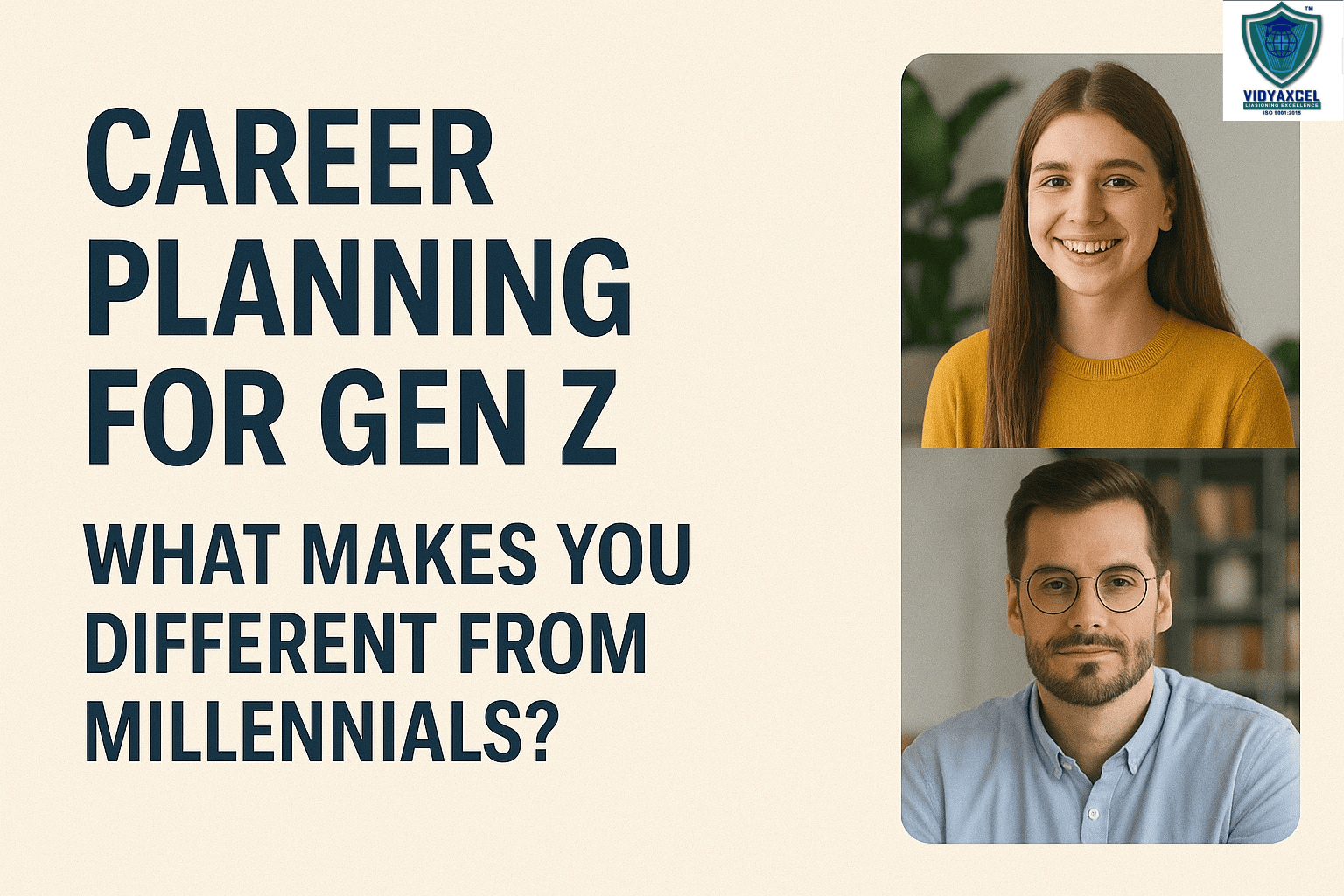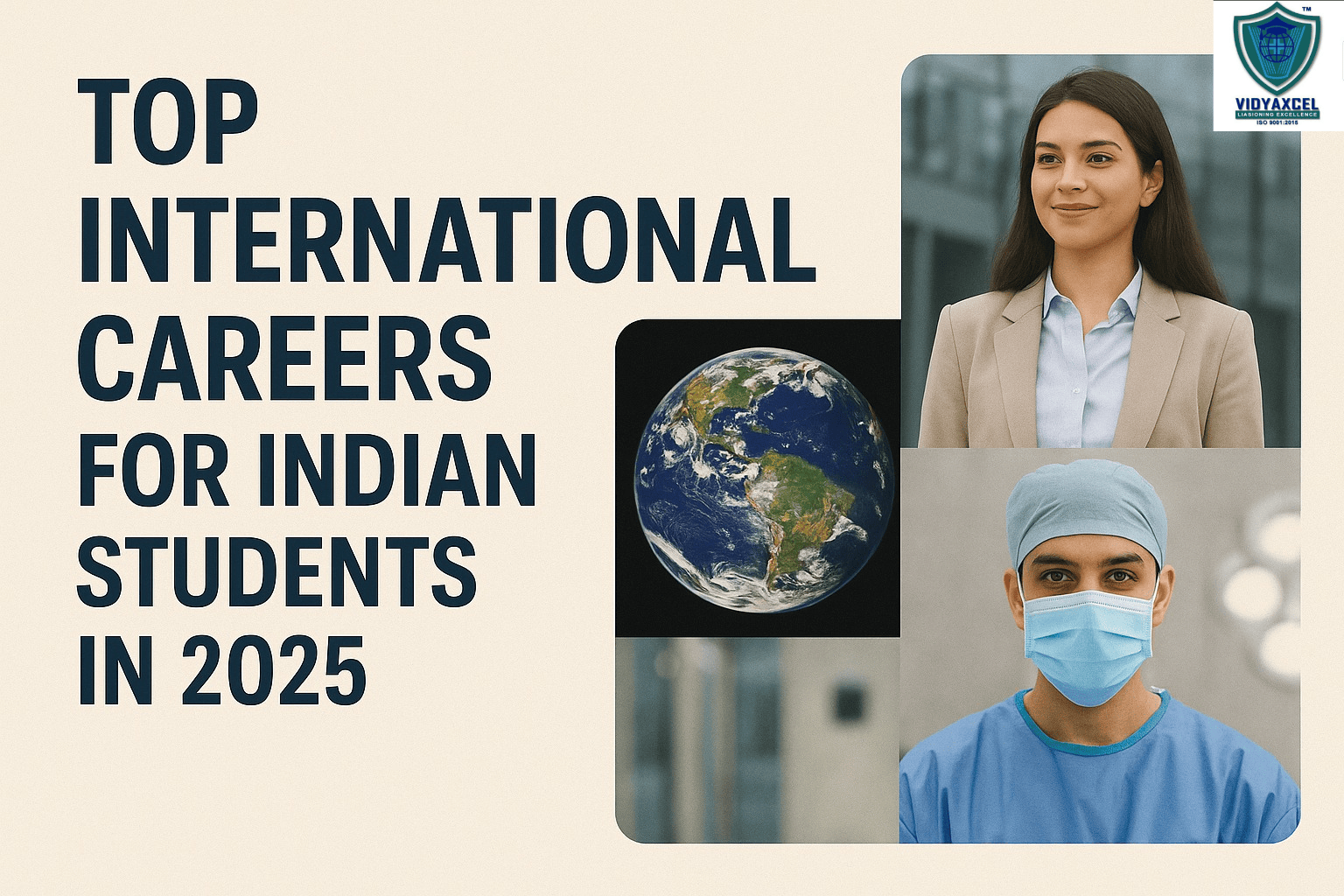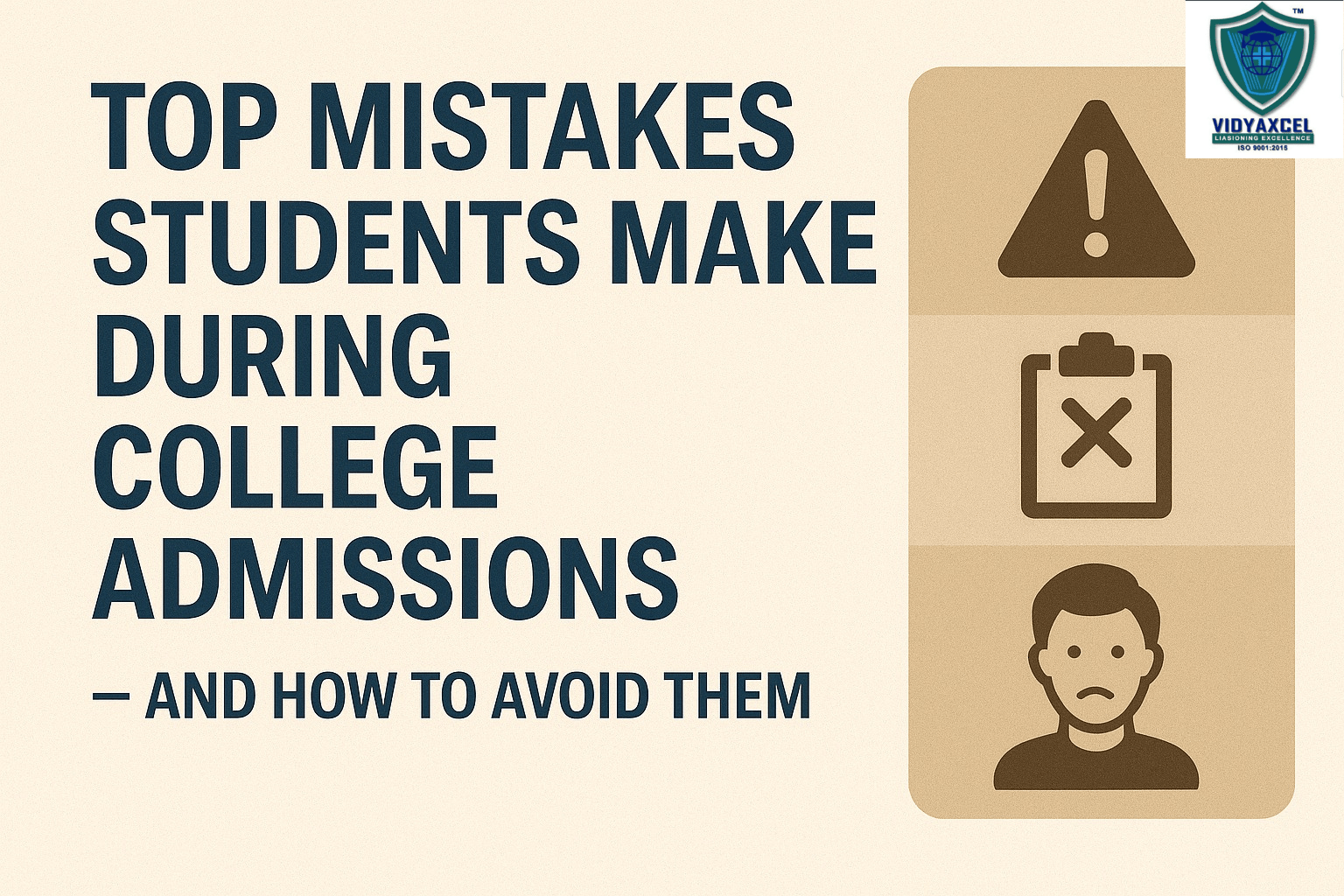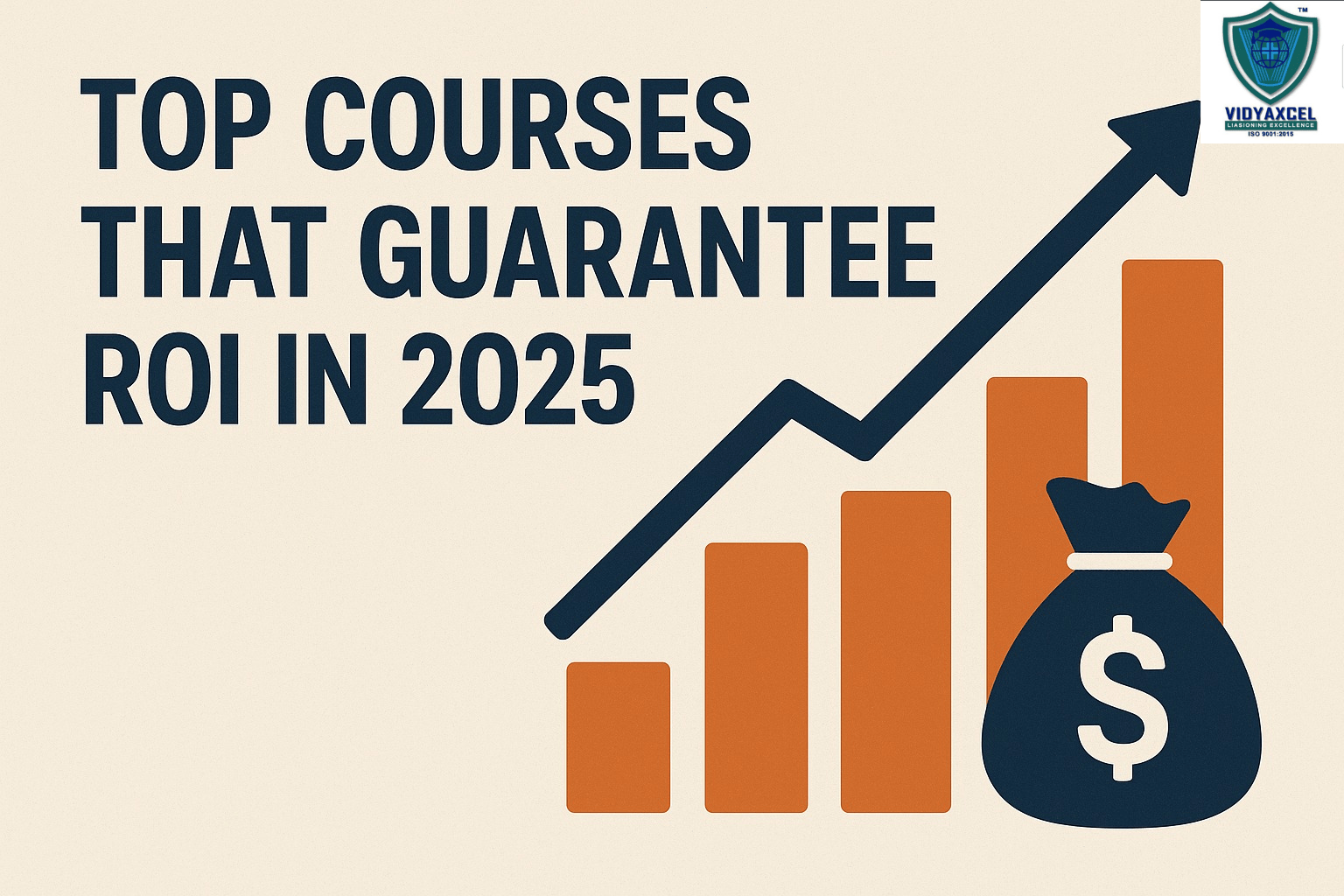Blog Details

28Jun
Career Planning for Gen Z: What Makes You Different from Millennials?
Every generation brings with it new priorities, attitudes, and expectations—especially when it comes to careers. Today, Generation Z (born between 1997–2012) is entering the workforce or preparing for it, while Millennials (born between 1981–1996) are now mid-career professionals. While both are tech-savvy and driven, Gen Z is fundamentally different—in values, expectations, and how they approach career planning.
In this article, we dive into:
-
What sets Gen Z apart in the workplace
-
How their career goals, learning preferences, and job choices differ from Millennials
-
What Gen Z needs to succeed in today’s dynamic economy
-
How parents and counsellors can guide this purpose-driven generation
Let’s explore what makes career planning for Gen Z unique—and how to ensure they thrive.
Section 1: Understanding Gen Z's Core Career Values
1. Digital Natives, Not Just Digital Adopters
Millennials witnessed the rise of the internet, smartphones, and social media. Gen Z was born into it.
-
Gen Z prefers remote internships, online learning, digital portfolios, and virtual interviews as default.
-
They expect workplaces to use collaboration tools like Slack, Notion, AI, and automation.
Career Planning Implication:
Gen Z students must be guided toward digital-first careers—cybersecurity, data analytics, digital marketing, UX design, and content creation.
2. Purpose Over Paycheck
While Millennials were known for "following passion," Gen Z is more grounded—they seek meaningful work with stability.
-
They want careers that contribute to social good, sustainability, or innovation.
-
Money matters, but so does mental health, flexibility, and values alignment.
Career Planning Implication:
Counsellors and parents should encourage students to explore impact-driven careers: climate tech, mental health, education innovation, public policy, and ethical AI.
3. Independent, But Anxious
Gen Z has grown up with economic uncertainty (COVID, recession), climate anxiety, and social comparison.
-
They’re resourceful and independent, using YouTube, Reddit, and ChatGPT to self-learn.
-
But they also experience higher levels of anxiety and decision fatigue.
Career Planning Implication:
Career guidance for Gen Z must include mental wellness tools, decision-making frameworks, and bite-sized planning milestones to avoid overwhelm.
Section 2: Gen Z vs Millennials – A Quick Career Comparison
| Factor | Millennials | Gen Z |
|---|---|---|
| Digital Skills | Adapted to tech | Born with tech, AI-native |
| Career Motivation | Passion-driven | Purpose + stability-driven |
| Preferred Work Style | Collaborative, flexible | Remote, autonomous, side hustles |
| Ideal Job Tenure | 3–5 years | 1–2 years or project-based |
| Learning Style | Online + classroom | Self-paced, microlearning, gamified |
| Top Concerns | Work-life balance | Mental health, job security |
| Influencers | Teachers, friends, senior colleagues | Social media, influencers, online mentors |
| Side Hustle Culture | Moderate | High—freelance, content creation, etc. |
Section 3: Top Career Trends Gen Z Is Following in 2025
-
Remote & Freelance Work
Platforms like Upwork, Fiverr, and YouTube are gateways to full-time freelance income. -
Passion-Economy Careers
Gaming, content creation, photography, podcasting, and meme marketing are rising. -
Sustainable Jobs
From climate science to ESG reporting, Gen Z is eco-conscious and future-focused. -
Tech-Integrated Roles
Data science, UI/UX, AI operations, and cybersecurity remain evergreen. -
Mental Health & Wellness Professions
Demand for psychologists, wellness coaches, and counselors has grown significantly. -
Entrepreneurship
Gen Z is highly entrepreneurial. Many launch D2C brands, apps, or digital services while still in college.
Section 4: Career Planning Strategies for Gen Z
1. Start Early – But Stay Flexible
Gen Z students are exposed to careers by age 13 or 14. But they also change preferences often.
-
Conduct career assessments by Class 10
-
Revisit planning at every academic milestone (12th, UG, PG)
-
Encourage experimentation—internships, MOOCs, volunteering
2. Learn the Power of Micro-Skills
Instead of mastering one large skill, Gen Z thrives on collecting micro-skills:
-
Public speaking
-
SEO basics
-
Canva design
-
ChatGPT prompts
-
Google Ads, LinkedIn optimization
Tip: Combine 2–3 micro-skills to form a “skill stack” for unique career profiles.
3. Encourage Multiple Income Streams
Gone are the days of one job for life. Gen Z should be taught to:
-
Build portfolios
-
Monetize hobbies
-
Explore remote gigs and freelancing
-
Understand basics of investing and financial planning
4. Promote Mental Health Awareness
Career planning isn’t just about aptitude. It’s about emotional readiness too.
-
Teach how to handle failure, rejection, peer pressure
-
Promote therapy or group counselling in schools
-
Encourage digital detox and realistic expectations
5. Build a Personal Brand
Today, LinkedIn, GitHub, Behance, Medium, or even Instagram can act as a career launchpad.
Gen Z students should:
-
Create a professional online presence
-
Write blogs, post projects, or share learnings
-
Network with professionals in their dream industries
6. Choose Courses with High ROI and Flexibility
Instead of blindly choosing Engineering or MBBS, Gen Z should look at:
-
Hybrid courses like Design + Tech, Business + AI
-
Shorter diplomas with job-ready skills
-
Global certifications (Google, Microsoft, Coursera, etc.) that open remote job markets
7. Involve Parents as Supporters, Not Directors
Parents must adapt to Gen Z’s evolving career needs:
-
Shift from “Doctor-Engineer” thinking to skills and outcome-based guidance
-
Support choices in creative, entrepreneurial, or non-traditional fields
-
Encourage balance—between earning and exploring
Section 5: Real-Life Gen Z Career Journeys
1. Riya – From YouTube Editor to Digital Agency Owner
Riya started editing videos for YouTubers during her gap year after 12th. Now at 22, she runs a digital marketing agency earning ₹1.5 lakh/month, all without a formal college degree.
Key Learning: Skill > Degree when combined with consistency.
2. Aarav – Climate Crusader Turned Policy Intern
Aarav participated in Model UNs, started a local tree-planting movement, and is now interning with a state government’s environmental policy wing.
Key Learning: Impact-driven work matters deeply to Gen Z.
3. Mehek – Freelance Designer with Global Clients at 19
After completing a UI/UX certification from Google, Mehek started freelancing on Behance and LinkedIn. She now works with clients in Canada and Dubai—all while pursuing her BBA.
Key Learning: Certifications + Networking = Global career early.
Section 6: Role of Educators and Counsellors
-
Update Guidance Models – Include AI tools, portfolio development, and gig economy options
-
Offer Holistic Counselling – Not just what to study, but how to handle emotions and self-doubt
-
Organize Career Days – Featuring startups, freelancers, creators—not just doctors and engineers
-
Use Technology – Integrate chatbots, self-paced assessments, and dashboards for Gen Z attention spans
Conclusion: Gen Z Needs a New Career Playbook
Gen Z is ambitious, digital-first, socially conscious, and emotionally aware. But they’re also navigating anxiety, economic volatility, and information overload. They don’t want to follow paths—they want to create them.
So, career planning for Gen Z isn’t about telling them what to do. It’s about giving them the tools, flexibility, and mentorship to figure out what works best for them.
They’re not Millennials 2.0.
They’re Gen Z: entrepreneurs, creators, changemakers. And the future belongs to them.
FAQs
1. How early should Gen Z students start career planning?
Ideally, by Class 9 or 10. However, it's never too late to begin. Regular reassessment at each academic stage helps refine their goals.
2. Are traditional degrees still relevant for Gen Z?
Yes, but only if combined with real-world skills. Employers now look for skill portfolios, internships, and attitude—not just a degree name.
3. What careers are best suited for Gen Z?
Careers that offer flexibility, impact, and digital engagement—such as data science, ethical hacking, content creation, product design, or climate tech.
4. How can parents support Gen Z without imposing decisions?
By actively listening, researching career trends with their child, and encouraging exploration rather than enforcing conventional paths.
5. Should Gen Z students focus on side hustles during college?
Yes—if managed well. Side hustles offer income, experience, and clarity about interests. But time management and academic balance are key.
Our Office: West Bengal, Maharashtra & Delhi.
For More Infomation about admission in Medical, Engineering, Management & Study in Overseas Details.
View Current Study Overseas, Medical, Engineering & Management Admission Details Video.




